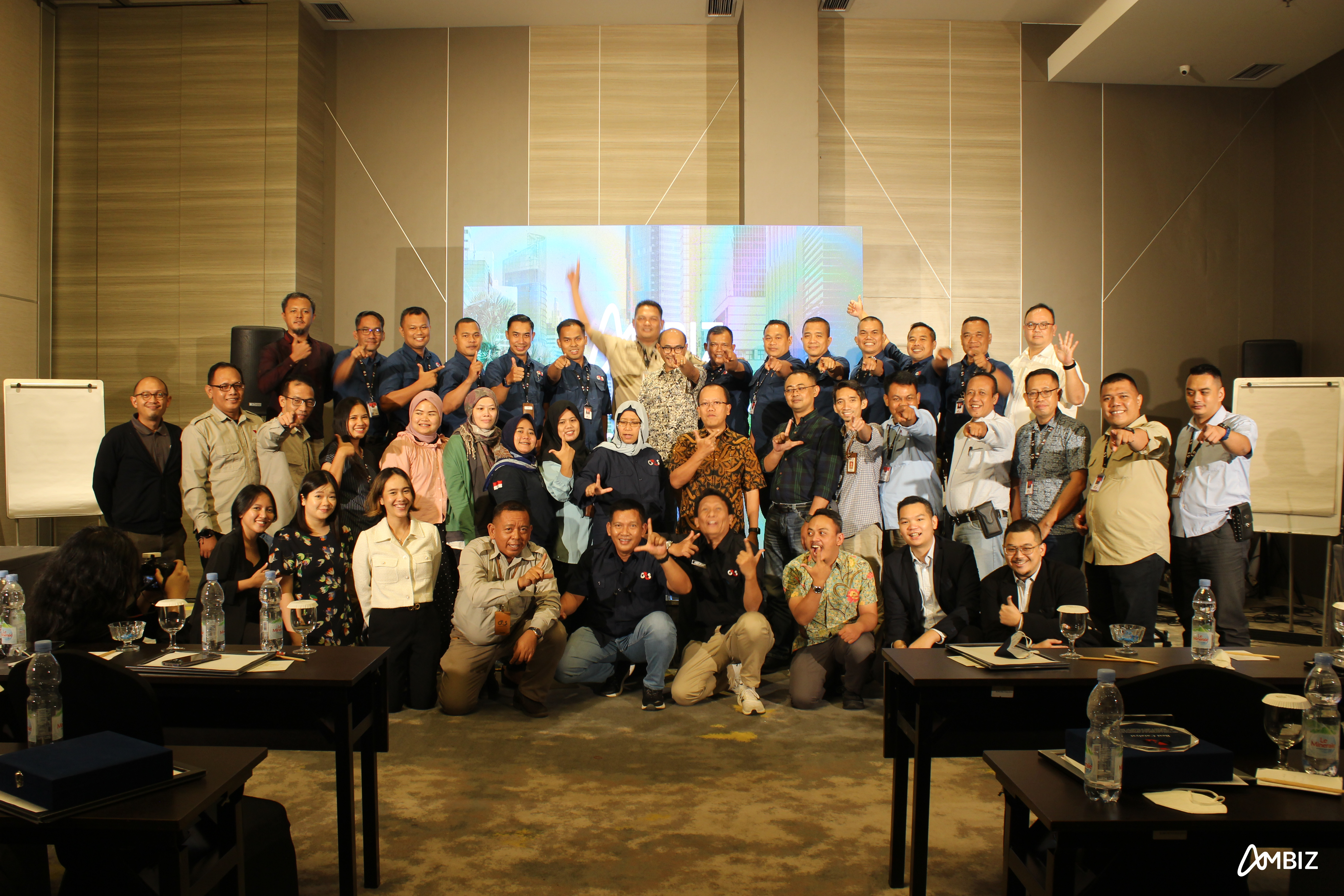AMBIZ
VIEWS
In Brief
- To be a good leader, one must possess basic leadership
skills such as delegation and decision-making. However, having humility and empathy are also
essential.
- Companies need to provide equal opportunities, implement
a robust assessment, offer technical and soft skills training, and arrange material and mental
support in order to prepare their talents to be capable and effective leaders.
What makes
a good leader, one might wonder. If we’re talking in the business context, of course, business
acumen is a must-have, other than that, basic leadership skills such as delegation, communication,
and decision-making are important to have. But humility and empathy are just as essential for a good
leader to possess as they foster a strong and intimate relationship between leaders and their team
members. This connection promotes trust, open communication, and a sense of belonging within the
team. When employees feel understood and valued, it contributes to longer work periods and higher
levels of job satisfaction.
So, what
can companies do to ensure they have capable and prepared future leaders? Here are some key elements
companies can contribute to the development of effective leaders:
- Equal opportunity
Provide equal and diverse opportunities for individuals to develop leadership skills, such as
offering leadership roles, cross-functional projects, and mentorship programs.
- Accurate assessment
Implement a robust assessment process to identify individuals with leadership potential by
conducting performance evaluations, behavioral assessments, and peer and supervisor feedback.
- Technical and leadership skills development
Offer training programs and workshops that focus on developing both technical expertise and
essential leadership skills (communication, decision-making, problem-solving, emotional
intelligence, and strategic thinking).
- Soft skills enhancement
Recognize the importance of soft skills—such as empathy, active listening, collaboration, and
conflict resolution—and provide resources and opportunities for leaders to enhance these skills
through workshops, coaching, and experiential learning.
- Material and mental support
Ensure leaders have the necessary resources and support to succeed in their roles by providing
access to relevant tools, technology, and information, as well as offering mentorship, coaching,
and counseling services to address any mental or emotional challenges they may face.
Preparing
leaders on a long-term basis requires a comprehensive program that encompasses various aspects. Only
by having the right approach that the purpose of the program can be achieved outstandingly.
 CREDENTIALS PROGRAM
CREDENTIALS PROGRAM









